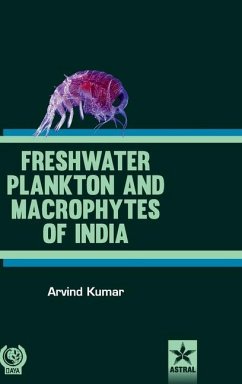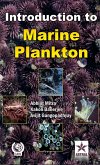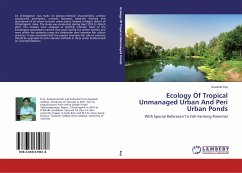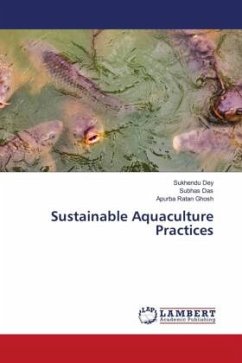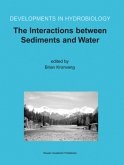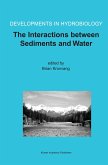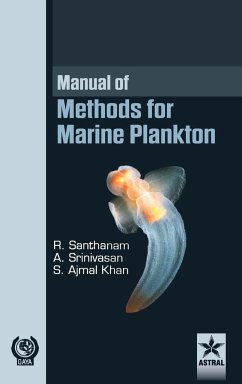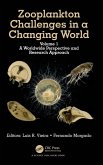The plankton community is a heterogenous group of tiny plants (phytoplankton) and animals (zooplankton) adapted into live in marine as well as freshwaters. Plankton is the productive base of both freshwater and marine ecosystems, providing food for larger animals and indirectly for humans, so plankton constitutes the basic food sources for any aquatic ecosystem, which supports fish and other aquatic animals. The phytoplankton may become increasingly important in space travel as a source for food and for gas exchange. The present book entitled "Freshwater Plankton and Macrophytes of India" comprises of three sections and the whole subject has been divided into nine chapters, which includes phytoplankton, zooplankton and macrophytes with their introduction, classification, adaptation methods for study, importance, key to identification and taxonomic description of species. The details should help the students as well as researchers to be thorough in the method of collection and identification of different planktonic species. The number of references cited should be adequate to permit easy access to additional information. This book will be immense use to all those who study or teach aquatic ecology and hydrobiology. Not only this, the present book will also be helpful for students, research scholar, professors, scientists as well as limnologists.
Bitte wählen Sie Ihr Anliegen aus.
Rechnungen
Retourenschein anfordern
Bestellstatus
Storno

